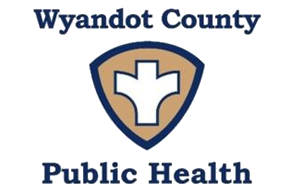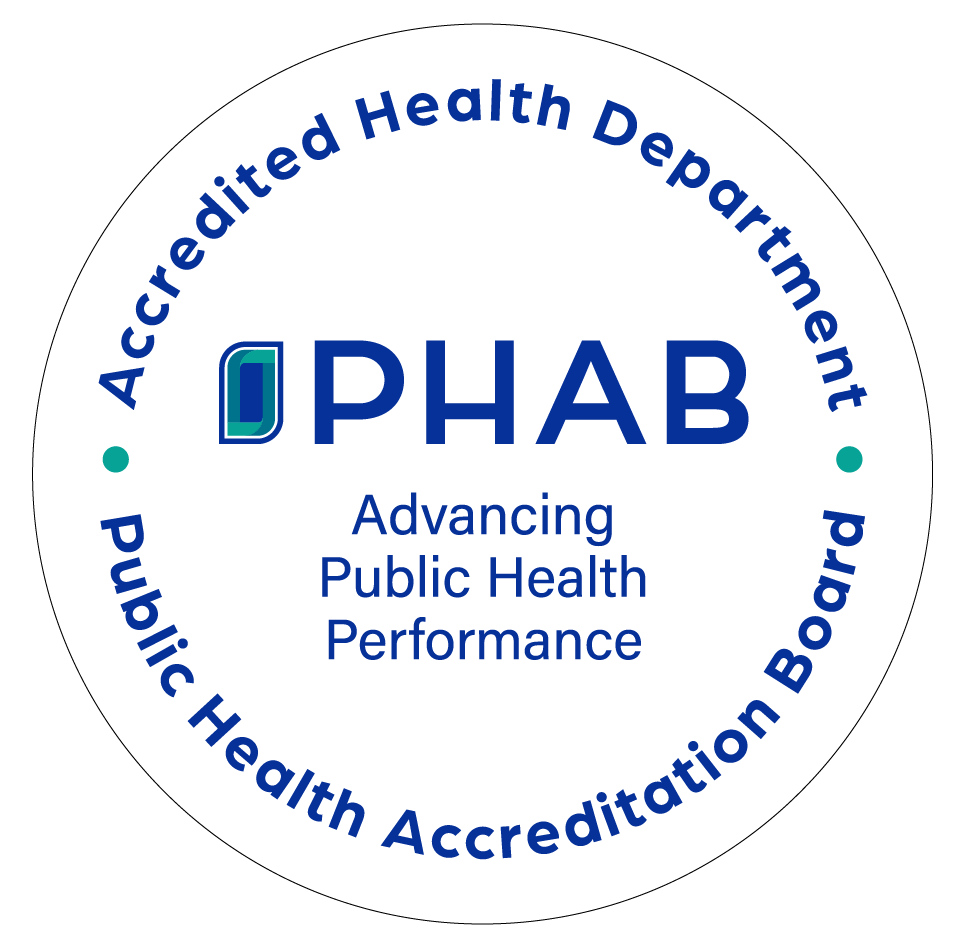Upper Sandusky schools closed Friday, December 21 due to an outbreak in gastrointestinal-related student absences. Students were experiencing "stomach flu" or "stomach bug" symptoms including: diarrhea, vomiting, nausea, and stomach pain. These symptoms are indicative of norovirus, which some refer to as the "winter vomiting bug". Norovirus is the most common cause of gastroenteritis, an infection characterized by diarrhea, vomiting, and stomach pain. Symptoms of norovirus may include body aches, headache and fever as well.
Norovirus usually develops 12 to 48 hours after exposure with recovery typically occurring within 1 to 3 days. Complications may include dehydration due to the frequency of vomiting and/or diarrhea. Young children, older adults and immune-compromised persons are even more susceptible to dehydration so, be aware of the following symptoms:
- decrease in urination
- dry mouth and throat
- feeling dizzy when standing up
"Children who are dehydrated may cry with few or no tears and be unusually sleepy or fussy." - National Center for Immunization and Respiratory Diseases, Division of Viral Diseases
How does norovirus spread? (You're not going to like the answer to this question!) People can get norovirus by accidentally transmitting tiny particles of poop or vomit from an infected person in their mouth. WHAT?!? Yes. If you: eat food or drink liquids that are contaminated with norovirus; touch surfaces or objects contaminated with norovirus then put your fingers in your mouth; or have direct contact with someone who is infected with norovirus, such as by caring for them or sharing food or eating utensils with them, you may have contracted norovirus.
There is currently no vaccine to prevent norovirus, but, you CAN protect yourself and others by washing your hands frequently and properly with soap and water; handling and preparing food safely; cleaning and disinfecting surfaces often and washing laundry thoroughly.
Stay healthy. Keep your family and your community healthy. Stay home if you are ill. Avoid sick people. Eat healthful foods and stay hydrated by drinking plenty of water. Rest. If symptoms of norovirus persist, contact your healthcare professional for further instructions.

